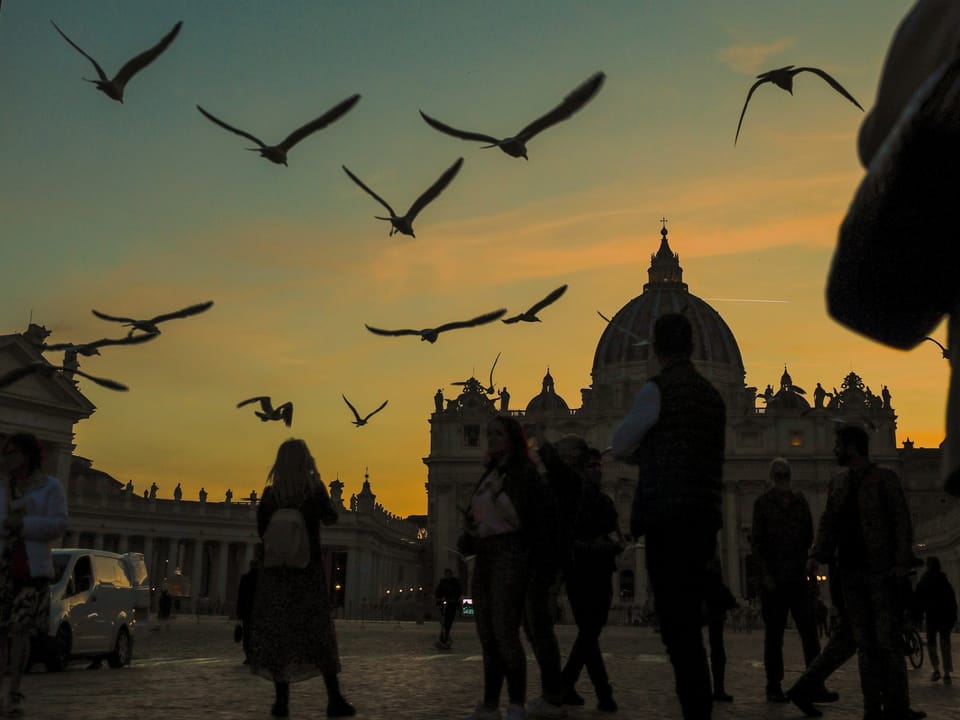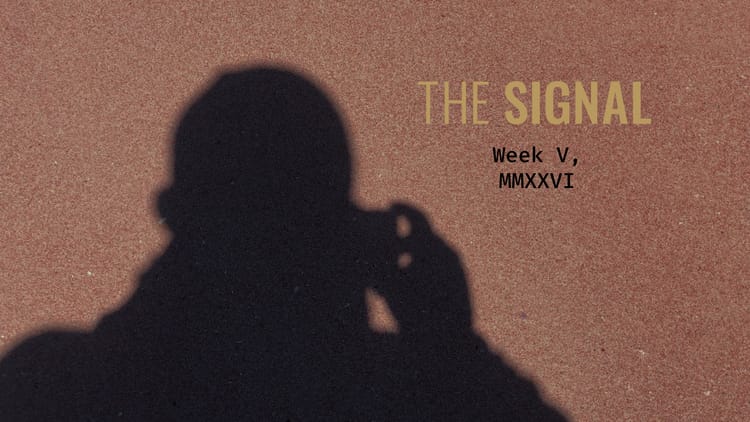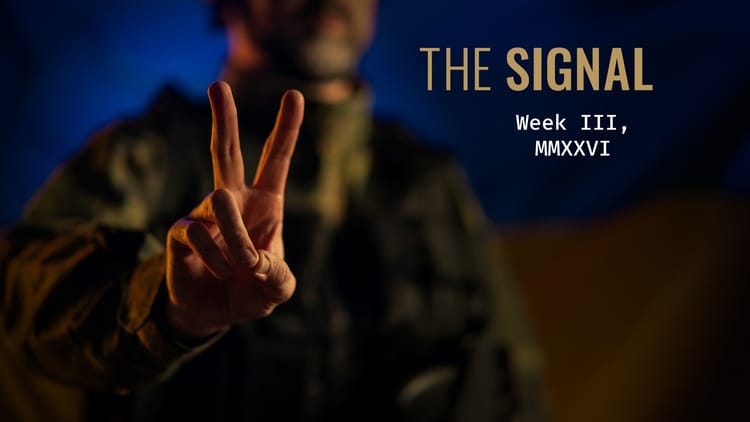Veritatis splendor

It’s not every week that Russia invades a neighboring country, or the U.S. withdraws from Afghanistan, or there’s a new pope. But there’s always news. Do you sometimes wonder, though, what exactly news is? We tend to talk about it as if it’s a thing in the world—like the weather—that simply happens, whether we know about it or not. But news is a tricky idea, when you think about it: meaningless apart from the real events it refers to, incomprehensible without understanding it’s also essentially constructed by the people who produce it. That might sound like a philosophical problem, but it’s increasingly a practical one—as news organizations give themselves over more and more to business models that depend on capturing as much of our attention as possible. And you just can’t pay attention to all of it. You literally have better things to do. So we have a rule of thumb: Does it raise a good question?—one you want to be thinking about if you need to be oriented in the world, now or weeks and months from now.
—John Jamesen Gould
The Signal—your loyal guide to a changing world. … This week:
Developments
‘We have a pope.’ India and Pakistan avoid all-out war. & An election surprise in Australia.
+ The U.S. and U.K. announce a trade deal. Germany’s parliament manages to confirm its chancellor. & Thinking about the beauty of art seems to help thinking abstractly.
Connections
Is Donald Trump making China more popular?
Features
What are the risks of “killer robots” to civilians? Lucy Suchman on the automation of modern warfare.
& Why are people in the United States eating record amounts of meat? Glynn Tonsor on a mysterious outlier trend in the Western world.
Books
From Allison Pugh, on humane labor in an age of automated work; Deborah Davis x Terry Lautz, on how personal encounters have shaped Chinese-American relations; and Wolfgang Münchau, on what happened to the German economy.
Music
From Max Richter, Anthony Naples, and Tenor Saw.
+ What’s dancehall reggae?
Weather report
54.4138° S, 36.5827° W …






